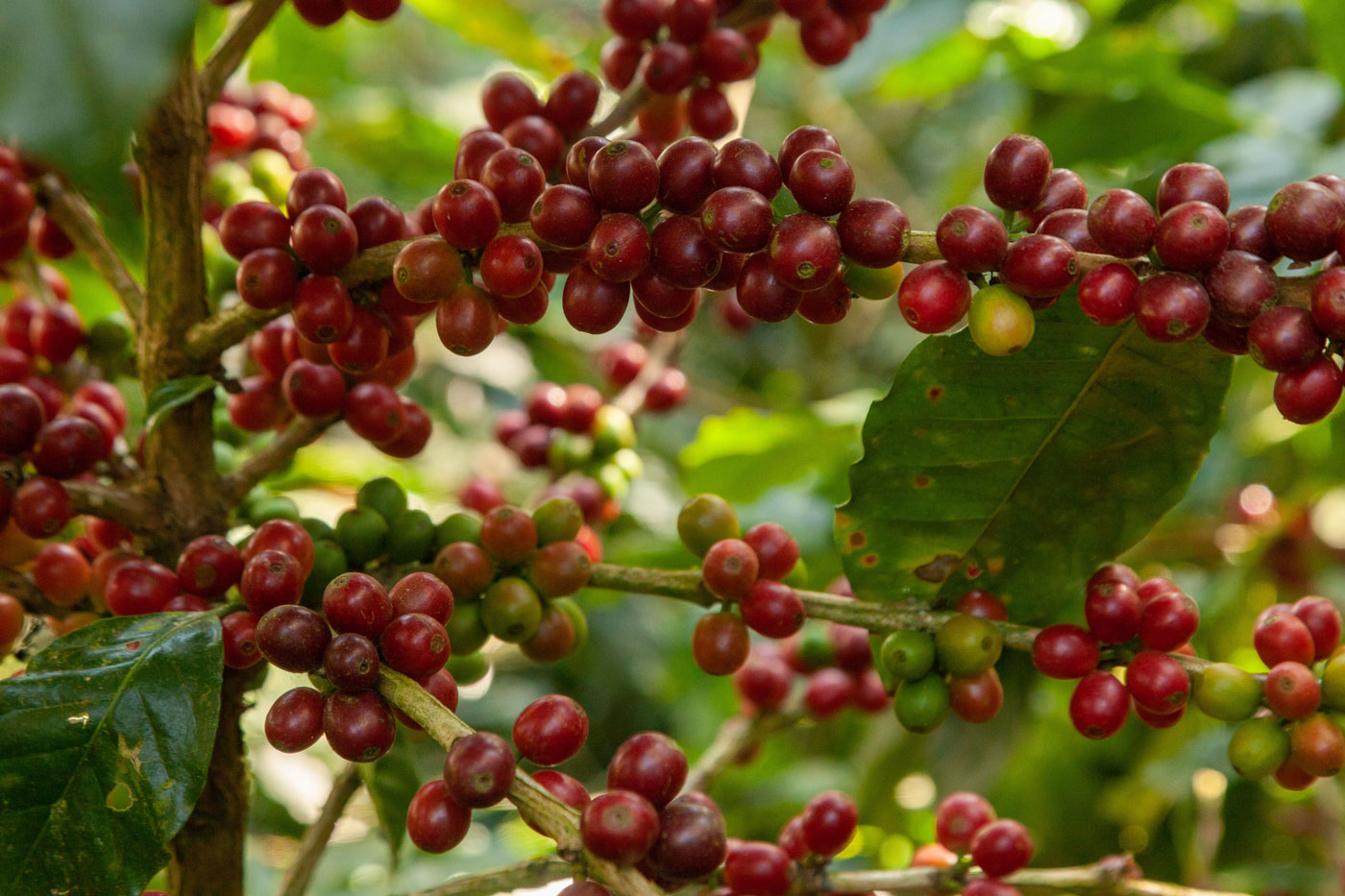We want to thank everyone who has supported the livelihoods of the people in East Timor by choosing to buy fair-trade organic coffee roasted in Norikura Kogen over the years.
Norikura Pioneer Roasters began with the hope of establishing a new business in Norikura Kogen to support sustainable community development.
As we were thinking and praying about what kind of business to start, there were a few questions to that helped guide us.
- What can we produce locally that locals already use?
- How can we support and develop local businesses?
- How can we stimulate dialog within our community?
- How can we help another community?
It has been fun to slowly answer these questions as we built relationships with people since we began roasting coffee in 2018.
One of the core relationships has been with our raw coffee bean supplier, PARCIC who works closely with coffee farmers in East Timor to provide high quality fair-trade organic coffee. We began selling small batch air-roasted coffee in the spring of 2018 and have slowly grown the production from just 30 kg of coffee the first year to over 700 kg in 2023, totaling over 2000 kg to date.
In the fall of 2023, we were informed by PARCIC that due to aging coffee plants and inconsistent weather in East Timor, the 2023 crop was smaller than expected and that the raw bean inventory was selling out fast. We purchased as much of the remaining 2023 crop as we could, hoping it would last until the 2024 crop arrives in Japan.
2024 Sales have been up and our supply of raw East Timor coffee beans will run out soon.
We asked our friends at Parcic a few questions about the situation in East Timor and thought it would be good to share the answers with you here.
Q1: How has climate change/weather affected the coffee crops in East Timor in the past few years?
A1: In the past few years, East Timor has also been affected by climate change.
In the coffee growing region, the rainy season and dry season are clear, and harvests are made during the dry season, but in recent years the weather pattern is not clear, and it often rains even in the dry season.
The hardships of producers are increasing, such as getting wet in the rain when drying coffee.
Q2: Are there other factors that contribute to a good coffee harvest?
A2: The COCAMAU CoOp uses organic manure on the coffee trees. In addition, they are removing old trees, growing new trees, and devising ways to make better coffee.
Q3: Is the 2024 crop looking good?
A3: About 3 years ago some older trees were removed and new ones planted. As the new trees begin to produce, the harvest is expected to increase.
Q4: When will the 2024 crop be arriving in Japan?
A4: The harvest starts in late June, and we are currently preparing for the first batch to arrive in Japan in September or October.
With help from our friends at PARCIC we have secured inventory of fair-trade organic coffee beans from Estelí, Nicaragua and will begin selling from the middle of June.





